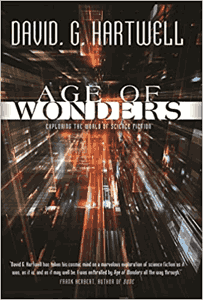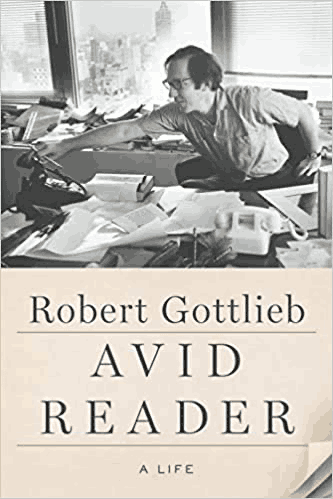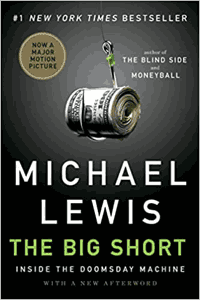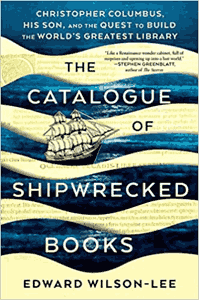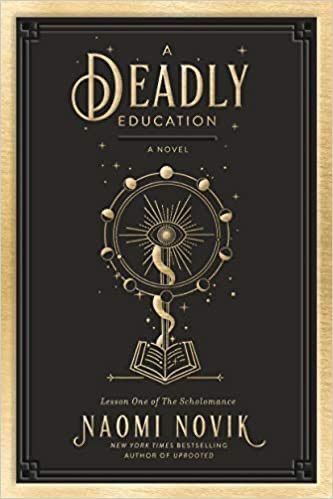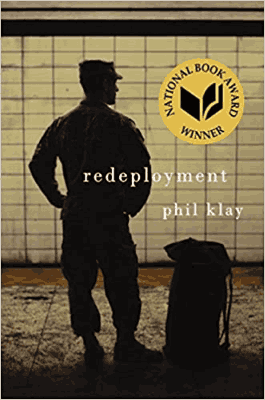This amiable, expert look at the world of science fiction as it was in the mid-1990s runs from the history and economics of the genre to the unique genre fandom that shapes expectation and reception. I was surprised to see the weight that Hartwell, a consummate insider, accords to the fan phenomenon, which has always defined itself as outsider and — very much unlike Hartwell — anti-literary. Yet the influence is undeniable, and Hartwell shows why that matters. The superb annotated bibliography is helpful.
What I miss here are the sensible discussions about trends and mechanics that Hartwell used to write for The New York Review Of Science Fiction. I remember, for example, a fascinating column discussing how a genre in which short novels flourished in the 1960s — remember Ace Doubles? — came to demand thick bricks (and treble volumes) shortly afterward. Perhaps this seemed too much inside baseball, and too far from the book’s argument for the seriousness of science fiction.
November 28, 2021 (permalink)
